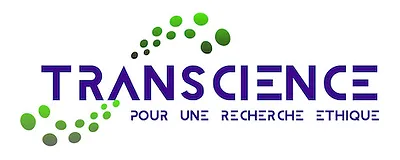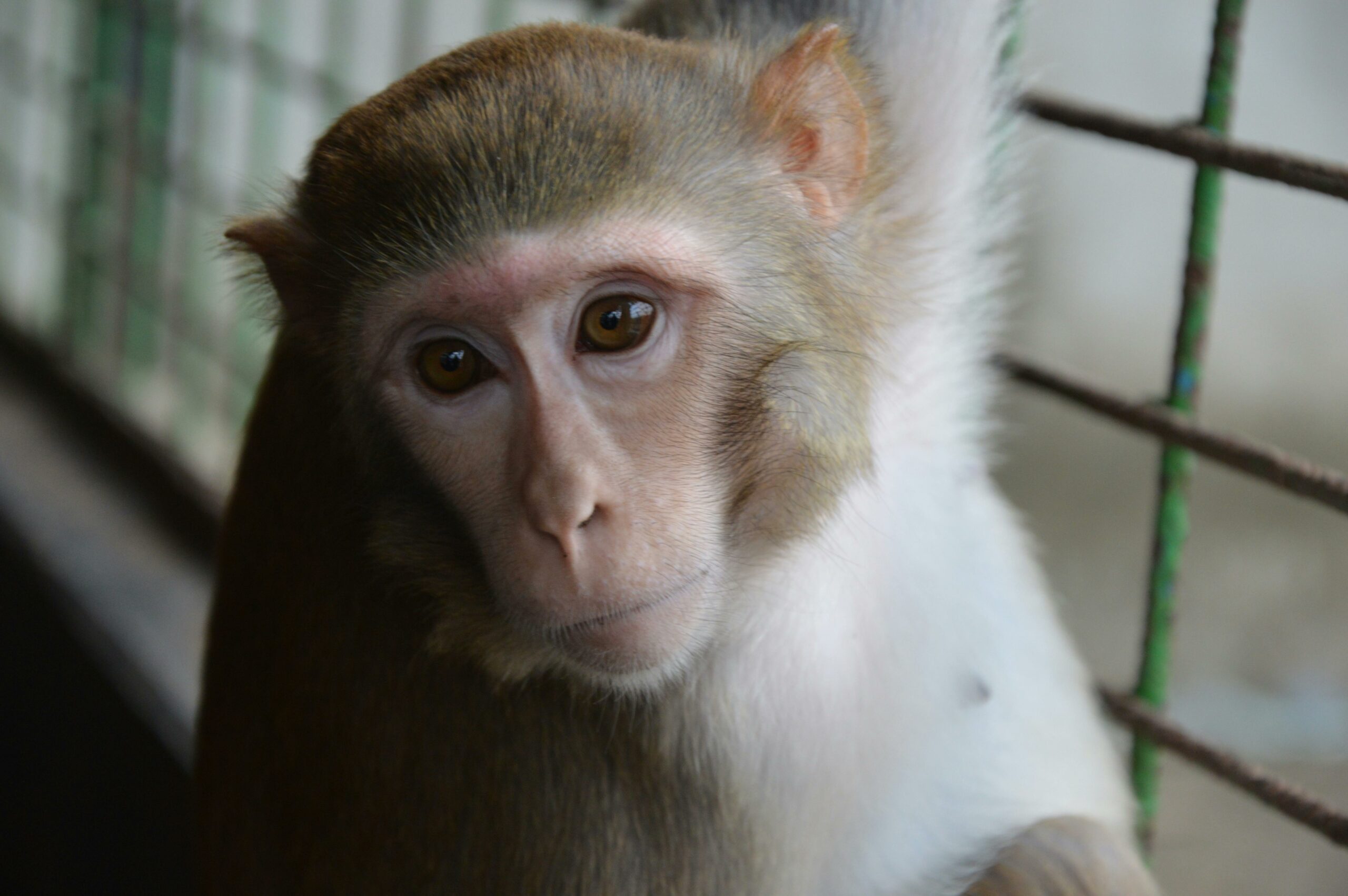ECVAM has set up several databases on alternative methods. The historical database, now archived, is DB-ALM (“dataset on alternative methods to animal experimentation”): click here
This database focuses mainly on methods submitted to EURL ECVAM for validation, and those identified in literature reviews between 2000 and 2019. All method and protocol abstracts can be searched via an intuitive web interface, and can be downloaded. Search criteria include thematic areas, biological parameters, experimental systems. There are 370 entries.
The BioMedical Model Hub (BimmoH) is the latest initiative of EURL ECVAM (within the Joint Research Center – JRC), launched in 2025, to address the explosion of non-animal models emerging from biomedical research. Much more than just a database, using artificial intelligence, BimmoH is designed to extract, filter and categorize scientific publications (on Pubmed) that use models based on human biology, enabling the use of non-animal approaches.
The AI sorts models into three main categories:
- Anatomy, histology and cell types (e.g. liver, brain, skin)
- Clinical situations and disease areas (e.g., cancer, respiratory diseases)
- Type of model (e.g. organoids, in silico models, organs-on-a-chip)
BimmoH, coordinated by JRC and Fre-sci, is the largest public database of scientific articles using human biology models in biomedical research.
More details on this page.
As a validation authority, ECVAM also makes available the TSAR database (“Tracking system for alternative methods towards regulatory aceptance”): click here
This database indicates the stages reached by methods in the regulatory acceptance process, as well as a summary description. Where available, TSAR also includes relevant records and documents associated with the method at the various stages of the process: submission, validation, peer review, recommendations and regulatory acceptance, including in international standards. It focuses primarily on regulatory toxicology. It does not include early-stage research or exploratory methods that have not reached the validation phase.
In addition, ECVAM has built up a knowledge base on non-animal models in a range of conditions to review existing methods and models in research activities.
- Neurodegenerative diseases
- Breast cancer
- Respiratory diseases
- Immuno-oncology
- Autoimmunity
- Cardiovascular diseases
- Immunogenicity of innovative products
To download them : click here
Proanima has set up a rich interface on New Methodological Approaches (NAMs), which is continually updated: NAMs Interface. This platform lists start-ups, biotech companies and laboratories offering alternatives to animals for research, drug development, toxicology and education.
The FC3Rthe French national 3R center, has also set up a directory of skills in alternative methods in France, AREA : click here
The BF3R, the German center for the 3Rs, has also developed a tool: Smafira (acronym for “SMArt Feature based Interactive RAnking”), which, for a reference article, provides similar articles in the same field and suggests articles that have developed alternative methods. Like BimmoH, this tool works from the Pubmed database.
NORECOPAthe Norwegian center for the 3Rs, has developed a number of freely accessible databases, in particular the NORINA database, which provides information on over 3,500 alternative methods, audiovisual aids and products for use in education and training: click here
The Center for Alternatives to Animal Testing (CAAT)The Center for Alternatives to Animal Testing (CAAT), part of the Johns Hopkins Center in the USA, has a branch in Europe, at the University of Konstanz in Germany (click here).
This site provides information and news on alternative methods, organizes conferences, and has contributed to the development of the ALTEX magazine: “Alternatives to Animal Experimentation”: click here
Other databases emanate from associative initiatives, such as the NAT (non-animal technologies) database, developed by the Association of German Doctors Against Animal Experimentation; it includes more than 2,000 entries, in oncology, toxicology, neurology, and so on. The various models available are integrated: bioprinting, organs-on-a-chip, organoids, simulators, in silico methods… : click here
Another example is RE-Place, an online platform for New Approach Methodologies (NAMs) developed by Belgian researchers; over 300 methods are listed: click here
A project with a slightly different approach, 3R Rankeris also worth mentioning, involving Utrecht University in the Netherlands, the Karolinska Institute in Sweden and other partners, to develop an AI-based algorithm to search for 3R publications. Two areas are currently available: the central nervous system and dermatology.
Details are given on the website and in this publication.
Smafira and 3R Ranker were the subject of an FC3R webinar on April 10, 2025; the presentations are available (video and powerpoint) on this page.




